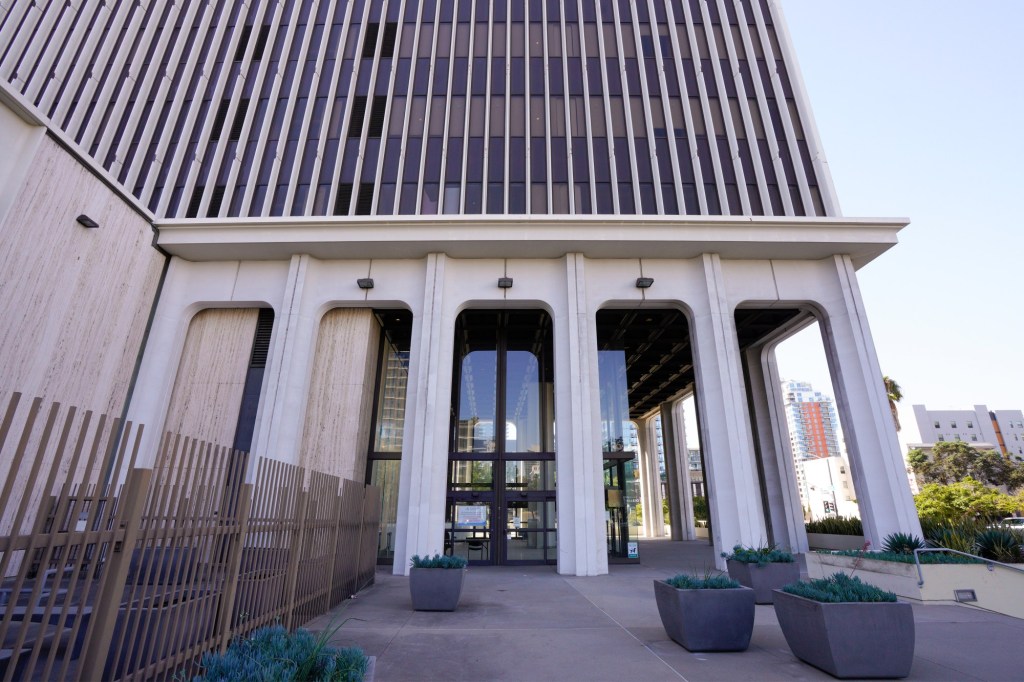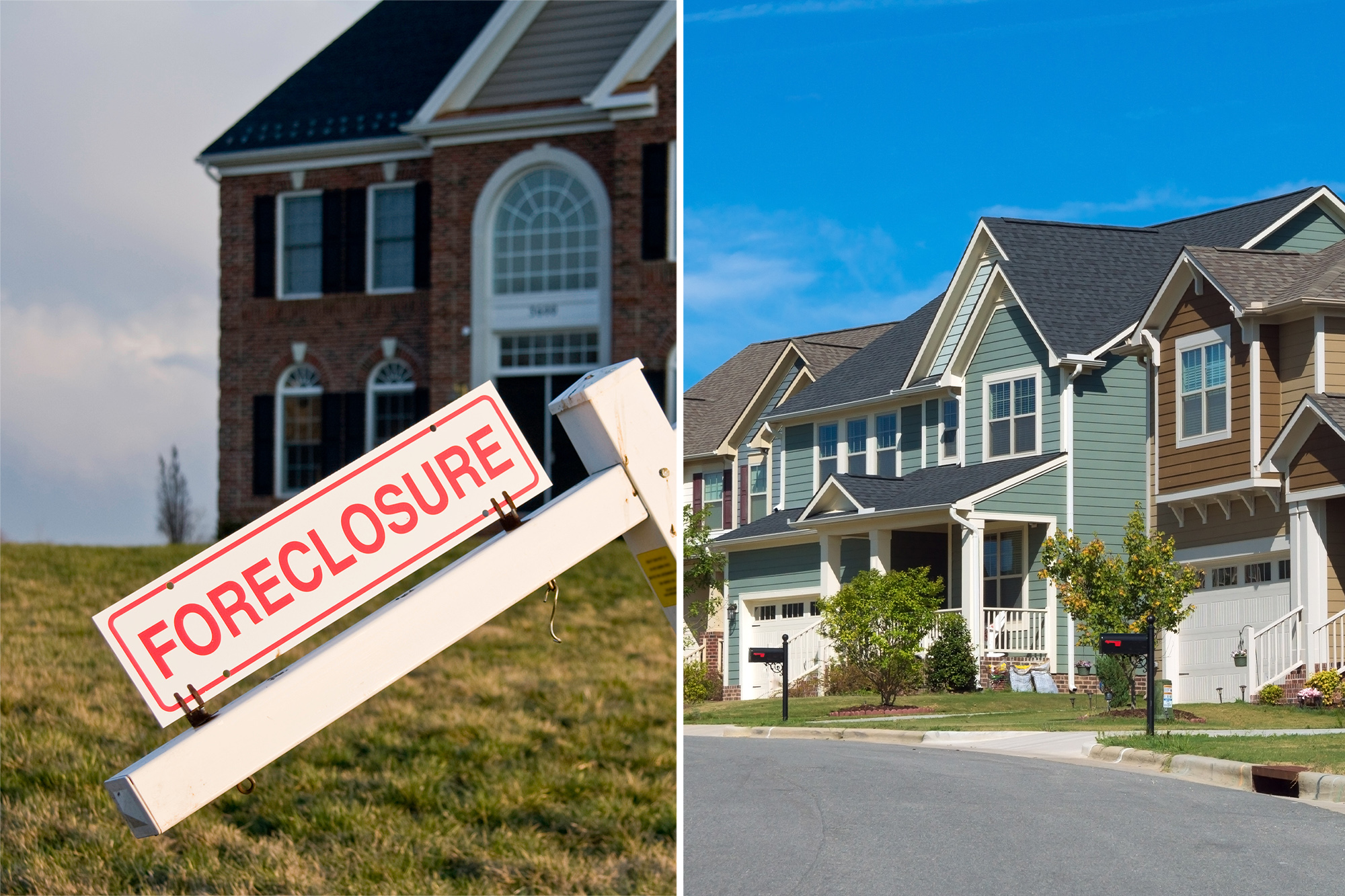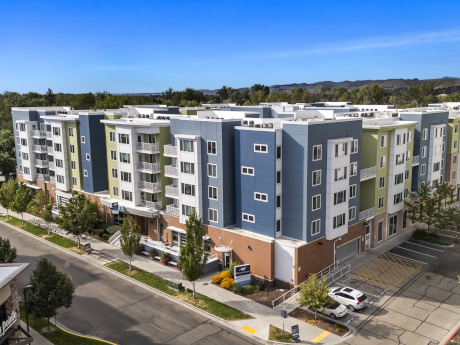T
he San Diego City Council is set to consider a plan to convert the 101 Ash St. office tower into affordable housing, a project that would push public investment in the building past $500 million. The lease, which has been vacant since Sempra Energy abandoned it 10 years ago due to asbestos and other concerns, calls for spending hundreds of millions on renovations.
The proposed conversion relies almost entirely on public funds and loans backed by tax credits, raising questions about its feasibility. A review by the city's independent budget analyst found some concerns but deemed the project "financially and economically feasible." However, council members and taxpayers have had only a matter of days to digest the complicated lease and financing information.
The Mayor's Office has cited a looming September tax-credit application deadline as the reason for the urgency. Records provided to the City Council lack detailed discussion of the per-unit cost of building the homes, which is estimated at $1.1 million each. The city auditor's 2021 report on real estate practices exposed serious lapses in transactions, including the original Ash Street acquisition.
The audit made recommendations aimed at protecting taxpayers, but the current plan for 101 Ash St. has avoided much of the scrutiny and public debate that was intended. The city is supposed to create a due-diligence checklist for each significant acquisition and prepare an independent property condition report before approving major real estate deals.
However, because this is a lease rather than an acquisition, the city has not followed these procedures. The Mayor's Office claims that the proposed conversion complies with city policies and meets the auditor's recommendations, but critics argue that the project poses significant risks for taxpayers.
The independent budget analyst report notes that the total development cost and per-unit costs are higher than those seen in recent affordable housing deals. If the project fails, the city would need to forgive or write off the remaining balance of a $45.6 million promissory note.
The developer, 101 Ash Ventures, stands to collect $32.7 million in fees after making an initial deposit of $100,000. The company's partner, Kelly Modén, is also a member of the planning board, raising concerns about potential conflicts of interest.















